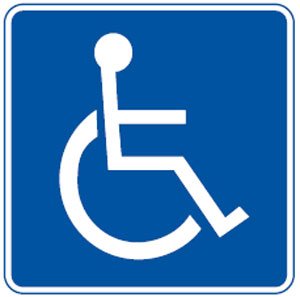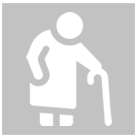The Court Process
The Newcastle Women’s Domestic Violence Court Advocacy Services (Newcastle WDVCAS) is a locally based, independent service.
Our service is for women and their children seeking information and help about domestic and family violence and how to get protection from the court.
If you are just thinking about what to do and want some information about Apprehended Violence Orders (AVOs) and other services we can help.
Before Court
If you have a domestic violence case which is going to court and you want to know what will happen, we can provide you with information about the court process as well as referrals to other agencies for assistance.
At Court
We give you practical information such as how to find the court, where to go when you arrive, and we will make sure you have a safe place to sit at court.
Once there we will liaise with Police, Solicitors, Court Staff and other support workers on a your behalf.
We will also help you understand what is happening, and work with you to get an order that is best for your situation.
Our aim is that your experience as little stress as possible when attending court.
After Court
After Court we can refer you to other services that can help you with housing, income support, children’s needs, family law and counselling.
We can provide you with information about what to do if abuse continues.
Court Orders
An AVO is an Apprehended Violence Order. It is an order to protect victims of domestic violence when they are fearful of violence or are experiencing threats to their safety.
There are two types of AVOs:
- Apprehended Domestic Violence Order (ADVO). This is made where the people involved are related or have a domestic intimate relationship
- Apprehended Personal Violence Order (APVO). This is made where the people are not related or do not have a domestic intimate relationship such as neighbours or where someone is being stalked. Our service does not support APVO matters.
An AVO is not a criminal charge. It is an order for your future protection. It sets out restrictions on the other persons behaviour so that you can feel safer. If you have children, the order will protect them.
We can provide information to assist you in situations where the other person has been charged with an offence.







